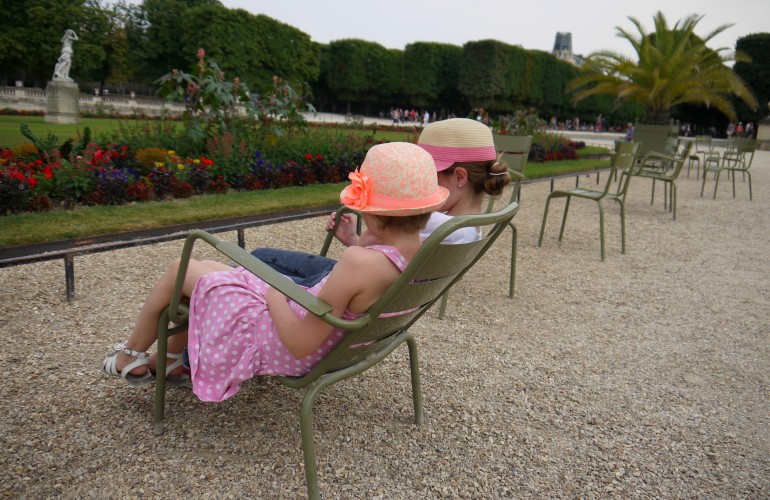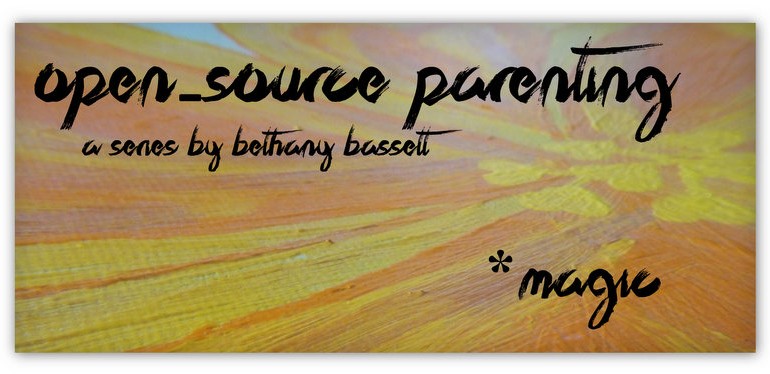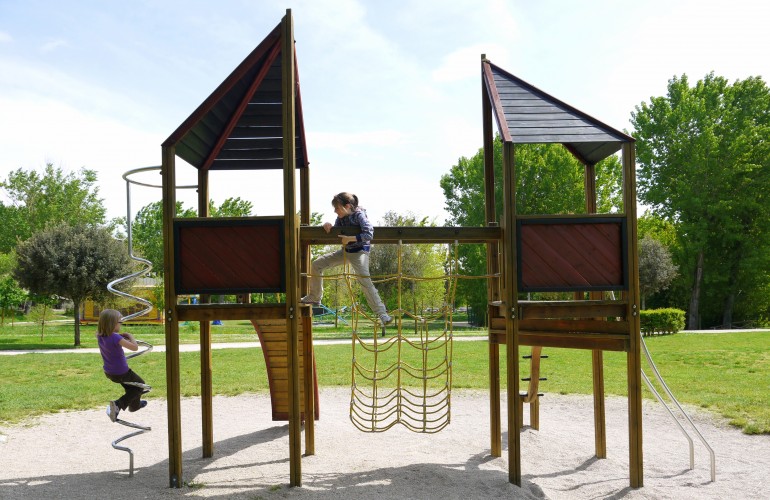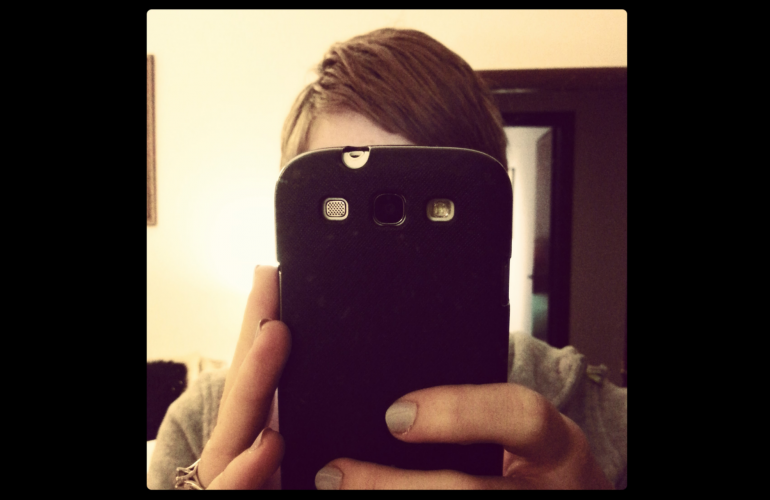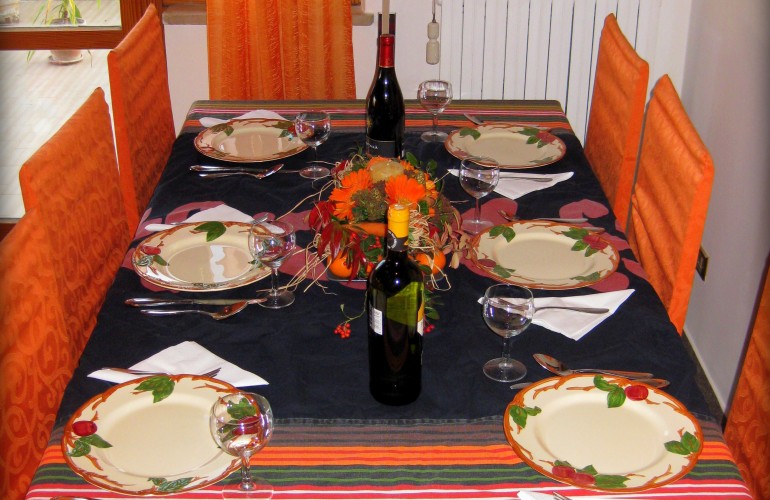I began keeping a daily journal the day I turned ten. My first entry includes a list of my birthday presents and the phrase, “I had been waiting for years to turn ten.” (Now that I have a ten-year-old of my own, I love that age even more if that’s possible.) In my teens, I had to add companion journals for all of the photographs, letters, and printed-off Jack Handey quotes that I wanted to preserve, and by the time I left for college, I was scribbling off several pages of my deepest thoughts each night before bed. After I got married, my journaling habits shifted somewhat, and I now write almost exclusively on the computer. I still have my old diaries though, a whole shelf of glittery or pop art or fur-bound books in various stages of disintegration. They are some of my most treasured possessions. They are also the most distressing objects in my life.
I cannot read far in any of my journals without face planting into sadness or shame. Between the difficult circumstances of my childhood and the misguided, often unlikable person that I could be, my past does not make for light reading. I usually only delve back into those handwritten accounts when I’m trying to fact-check. That’s exactly what I was doing several months ago, hunting for some info from my early teenage journals, when one particular page grew arms and jabbed a cattle prod into my neck. I’m still stunned and smoking slightly from what I read.
There on the page, in my own childhood cursive, is the nearly verbatim dialogue that I hear in my mind today when struggling to write, reconnect with someone, or just generally exist:
People might think that you’re a great person, but you’re not; you’ve just conned them into thinking so.
Those who really know you know that you’re an ogre, black-hearted and evil.
You have no character.
You are ugly.
All of your achievements are based on lies; you are the dumbest person on earth.
You are lacking any softness or empathy. You cannot relate to human beings.
Your presence in others’ lives is slowly murdering them.
You are not capable of communicating properly.
You will never, ever have any real relationships.
You have no potential.
Any difficulties you are going through are exclusively your fault.
You are a disappointment.
All of my adult life, I’ve attributed these sentiments to creative gremlins or badly managed neuroses. When I haven’t had the strength to fight them off, I’ve accepted them as the voice of truth. What I learned from my journal, however, was that they used to have a real live human voice. Those sentences that I wrote down at age fifteen were spoken to me, repeatedly over the course of years, by someone I trusted.
I’d completely forgotten.
Recently, a friend (hi, Jeff!) shared the following quote by Mothering Magazine editor Peggy O’Mara: “The way we talk to our children becomes their inner voice.” If I weren’t reeling from discovering that very fact in my journal pages, I might have dismissed the quote as fatalistic. I’m still not prepared to believe that every word from a parent figure gets internalized and rescripted as inner monologue, but I now know how deeply a recurring childhood message can be absorbed. The indictments I received growing up are as much a part of my mental landscape as are the resolutions I’ve made in adulthood.
While I don’t enjoy remembering those saw-toothed words being jabbed into my developing ears, I feel like my perspective has been outfitted with a whole new defensive strategy. It is much, much easier to fight back against inner voices that have a clear outside origin. Rather than swinging blindly at my own brain, I can stare down the source of the problem and remind it that it has no jurisdiction here. Not anymore.
I’m also grateful for the reminder to voice my fondness for my girls as intentionally as I go about the other day-to-days of parenting. When they run up against struggles in their adult lives, I want their minds to have ready access to the truth that they are capable, brave, and so valuable that their mom needed every day of their childhoods to tell them so. We’re not a deep-conversations-every-hour kind of family. However, I believe that the small encouragements I sprinkle into their days can add up to the kind of inner script that will blast shame back to last century:
People might think that you’re a great person, but those who really know you will be certain of the fact.
You are as human as they come, and your imperfections will help you relate all the better to the imperfect humans around you.
You are luminous and altogether lovely.
Your achievements do not define you, but each one is a testament to what you can do.
You are capable of deep love.
Your presence in the world is a gift to the rest of us.
Never stop cultivating the unique ways in which you express yourself.
You have the kindness and determination to sustain lasting relationships.
When you are going through difficulties, reach out. You are worthy of help.
You are a joy.
